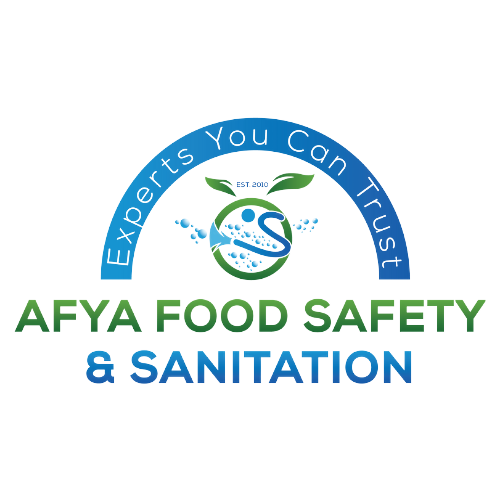
Please Wait For Loading

Please Wait For Loading
Maryland, MD USA
+1 (443) 666-9132
info@afyafoodsafety.com
Opening Hours: 9:00 AM - 5:00 PM
Copyright ©Afya Food Safety all rights reserved.
You can also reach us via Phone: +1 443 666 9132 or via Email:info@afyafoodsafety.com
Impact of Pest Infestations on Food Processing Operations
Precision and quality in food processing operations are paramount and pests can wreak havoc, leading to significant economic repercussions. From contaminated products to regulatory fines and damaged reputation, the impact of pest infestations extends far beyond immediate losses. This blog post explores the multifaceted costs associated with pest infestations in food processing operations, shedding light on the hidden expenses and urging stakeholders to prioritize proactive pest management strategies.
Understanding the Scope of Pest Infestations
Pest infestations encompass various organisms, including rodents, insects, birds, and microorganisms, capable of contaminating raw materials, finished products, and storage areas. The consequences of pest presence extend beyond physical contamination to include risks of foodborne illnesses, compromised product quality, and regulatory non-compliance.
Direct Costs of Pest Infestations
Pest infestations lead to contamination of raw materials and finished products, rendering them unfit for consumption and necessitating disposal. The direct costs of discarded inventory lost production time, and reprocessing efforts can quickly escalate, impacting profitability and operational efficiency.
Insects and rodents may wreak havoc on the structural integrity of buildings, machinery, and packing materials. In addition to causing repair and replacement expenses, chewed cables, gnawed packaging, and nesting materials increase the risk of product spoilage and equipment malfunction.
If pest infestations cause a company to violate industry standards and food safety laws, the consequences might be severe financial penalties, high legal costs, and harm to the company’s reputation. Strict guidelines are enforced by regulatory bodies like the FDA and USDA to protect consumer safety; infractions can result in expensive fines and required recalls.
Indirect Costs and Reputational Damage
Incidents of pest infestations, whether publicized or discovered internally, erode consumer confidence and trust in the brand. Negative publicity, social media backlash, and word-of-mouth spread of rumors can tarnish the reputation built over the years, resulting in diminished market share and decreased customer loyalty.
Pest infestations within food processing facilities can disrupt the supply chain, which leads to delays in production, distribution, and delivery. Contractual penalties lost sales opportunities, and strained relationships with suppliers and distributors further exacerbate the economic impact, affecting long-term competitiveness and market position.
Repeated incidents of pest infestations may lead to higher insurance premiums or exclusions from coverage altogether. Insurers assess pest management practices as part of risk assessment criteria, and poor performance in this area can signal increased liability and financial risk, driving up insurance costs.
Investing in Proactive Pest Management
The economic consequences of pest infestations underscore the importance of proactive pest management strategies:
IPM methods minimize the use of chemical pesticides and increase their effectiveness through mechanical, biological, and cultural controls by emphasizing prevention, monitoring, and intervention.
Having protocols in place for routine inspection and monitoring helps identify pest activity early on, allowing for quick action to contain infestations before they get worse and minimize financial losses.
Employee Engagement and Training: Providing thorough training on sanitation techniques, pest awareness, and reporting protocols to employees encourages a vigilant and accountable culture that improves the efficacy of pest management initiatives.
Working with regulatory bodies, professionals in the pest control field, and peers in the sector promotes the sharing of best practices, knowledge exchange, and group efforts to address shared issues and reduce financial risks.
Conclusion
Beyond just causing immediate losses, pest infestations have a significant financial impact on food processing enterprises due to supply chain interruptions, regulatory fines, and reputational harm. Stakeholders may preserve revenue, brand reputation, and consumer trust in the safety and integrity of their products by calculating the costs of pest presence and investing in proactive pest management measures.
Food processing operations may successfully navigate the challenges of pest management with resilience and confidence by adopting a holistic strategy for pest control and establishing a culture of constant innovation and improvement. This will ensure long-term sustainability and success in a competitive industry.
Related Posts
Categories
Antibiotic Resistance: A Growing Threat to Food Safety
April 17, 2025Understanding Cross-Contamination: A Major Food Safety Risk
March 31, 2025Calender